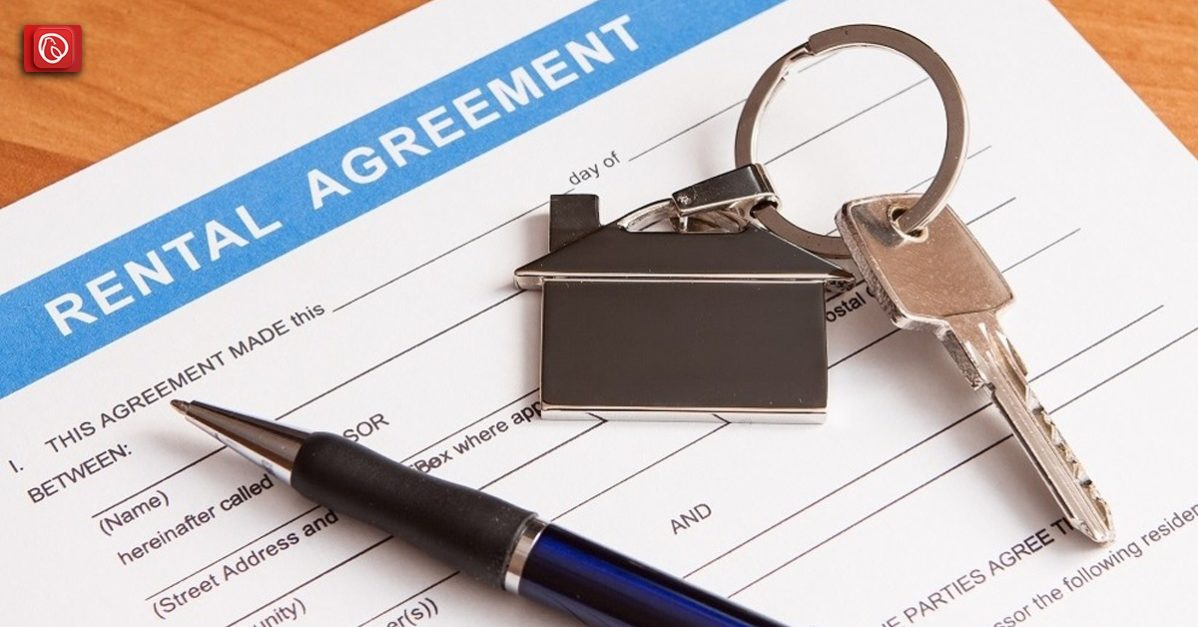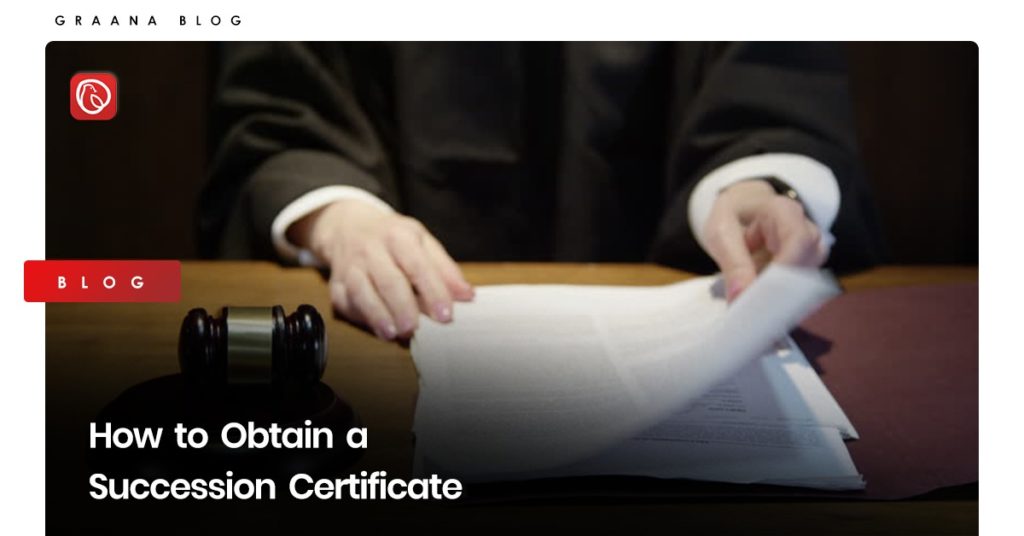A tenant is an individual or entity that occupies and rents a property, typically under a lease or rental agreement, from a landlord or property owner.
With the real estate market growing at unprecedented rates, becoming a homeowner in this fast-paced environment has become tedious. This has led many to look towards rental housing as a better alternative. However, most people lack the proper knowledge about their rights as tenants, leading to them becoming victims of malpractices.
Understanding tenant rights is essential before making any move in the rental market. To help you make the right decision, Graana.com features everything you need to know about tenants rights in Pakistan.
Tenants’ Rights in Pakistan

Rental laws in Pakistan comprise rules and regulations pertaining to both parties, meaning the state has set certain terms and conditions that the landlord and tenant must follow.
These laws aim at providing a reasonable ground to both sides, allowing neither side to have more leverage in the final agreement. We shall discuss some of these laws and regulations in more detail.
Tenancy Agreement

The core of any tenant-landlord agreement – a tenancy agreement is a legally binding contract between a landlord and a tenant that lays down the ground rules of the transaction. The contents of the contract entirely depend upon the negotiation and agreement between both parties. However, the agreement must be defined within certain state-issued regulations.
The contents of the agreement consist of rent amount, rent due date, expiration date, increment rates, and other conditions such as maintenance costs. Moreover, tenancy laws state that the landlord is responsible for filing the legal registrations.
Fair Rent

As the name suggests, fair rent is an amount assigned to the property based on several factors such as the size, condition, and general surroundings of the property. Other factors that add to the overall price assigned to the property include tax rates, repair costs, and overall property maintenance.
However, the value assigned to the property as fair rent is not necessarily the final rent amount that may be decided. Both sides have a right to negotiate the final amount. Based on the negotiation process, the agreed-upon rent could be higher or lower than the fair rental value.
Rent Increment Policy

Each region of the country has its unique take on the rent increment policy. The cantonment areas in the country have a separate process for renting, while the provinces and the federal capital have their rulings.
Rental laws in KPK, Punjab, and Balochistan state that landlords are allowed to increase rent by almost 25 percent of the current rent. However, this increment is only applicable once the current lease agreement expires, usually after one year.
Sindh’s increment policy differs from the rest and leverages tenants’ rights in Pakistan. The laws dictate that landlords are not allowed to increase rent for at least three years if an initial fair value for rent has been set. Moreover, the increase in rent can only be 10 percent of the current amount.
Maintenance and Repair Costs

As tenants’ rights in Pakistan are based on fair play and equity, there are clearly stated directives for these costs. Based on the rulings, both parties are responsible for repair and maintenance costs. The rule for these matters is simple.
Any damage to the property caused by the tenant shall be their responsibility. On the other hand, damage caused to the property by external factors such as natural disasters, leakages, etc., shall be covered by the landlord.
Subletting the Property

Subletting refers to the act of a tenant renting out the property to someone else. This is illegal in most cases, as a tenant has no right to sublet the property to someone else without the landlord’s consent.
However, if the landlord agrees to it, you can sublet the property, but it should be done through a written agreement. Without a written document, a landlord can take you to court for subletting, even if they verbally agreed to sublet the property before.
Tenant Eviction Laws

As a tenant, eviction laws are some of the most important laws you need to consider. A landlord does not have any right to evict a tenant overnight, and without any plausible reason. However, certain factors can make you liable for being evicted under state laws, such as:
- Failure to pay the rent on the due date.
- The rental agreement has expired, and the landlord disagrees with renewing the contract.
- Using the property for illegal practices.
- Violation of any clause stated in the rental agreement
- Subletting the property without taking the landlord’s consent.
- Damage to the property may lead to the devaluation of the overall property.
Based on tenants’ rights in Pakistan, any of the clauses mentioned above can make you liable for eviction. However, landlords are bound to send a notice for eviction and reasonable time to find a new place. According to the law, a minimum of 4 weeks must be given to the tenant before evicting from the property.
The Bottom Line
Understanding tenant’s rights in Pakistan is essential if you wish to rent a property. The country’s rental laws provide an even ground for both parties in the tenant-landlord agreement.
Based on the laws, tenants have been given ample rights that protect them from malpractices and unjust demands from landlords. For more information, visit Graana blog – Pakistan’s first online real estate market.





Comments are closed.